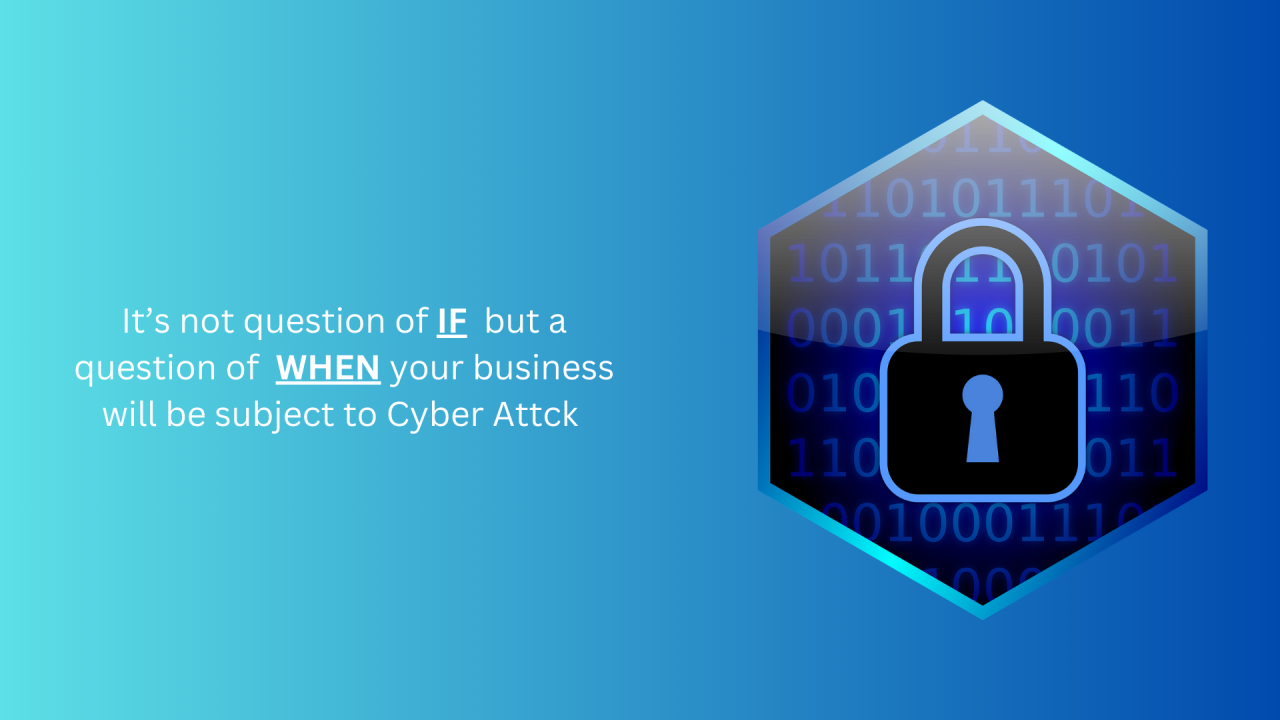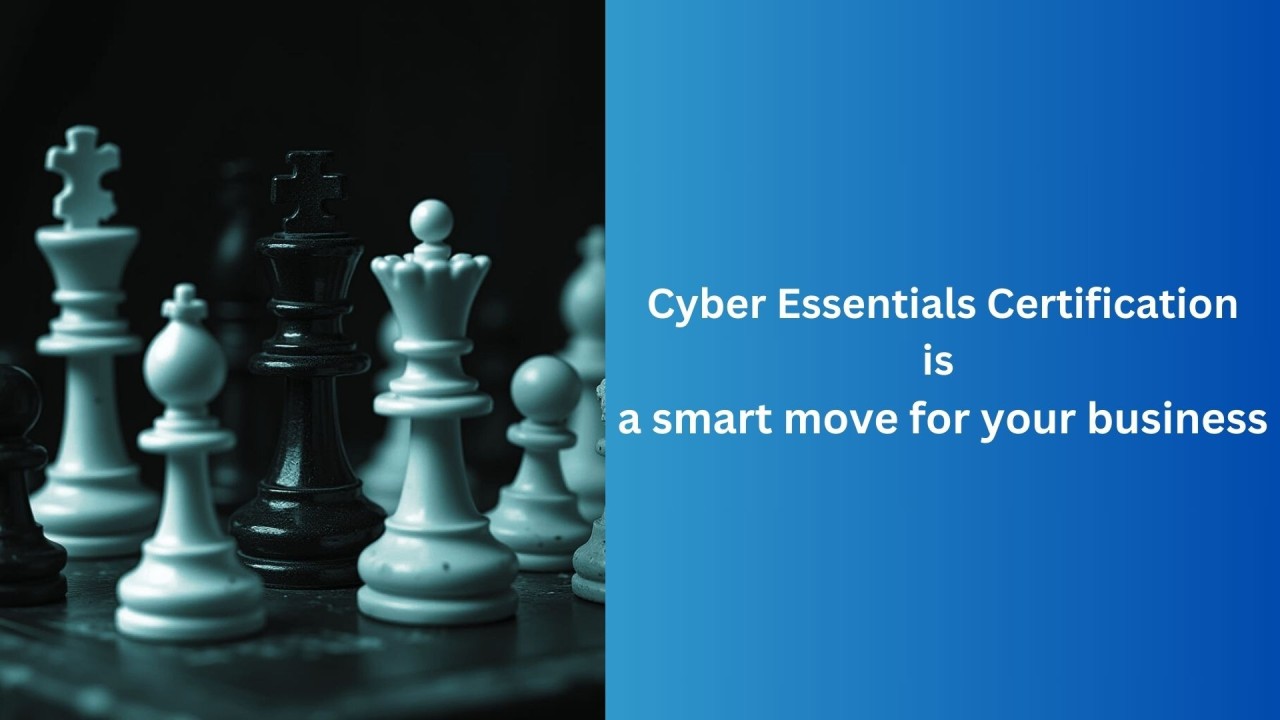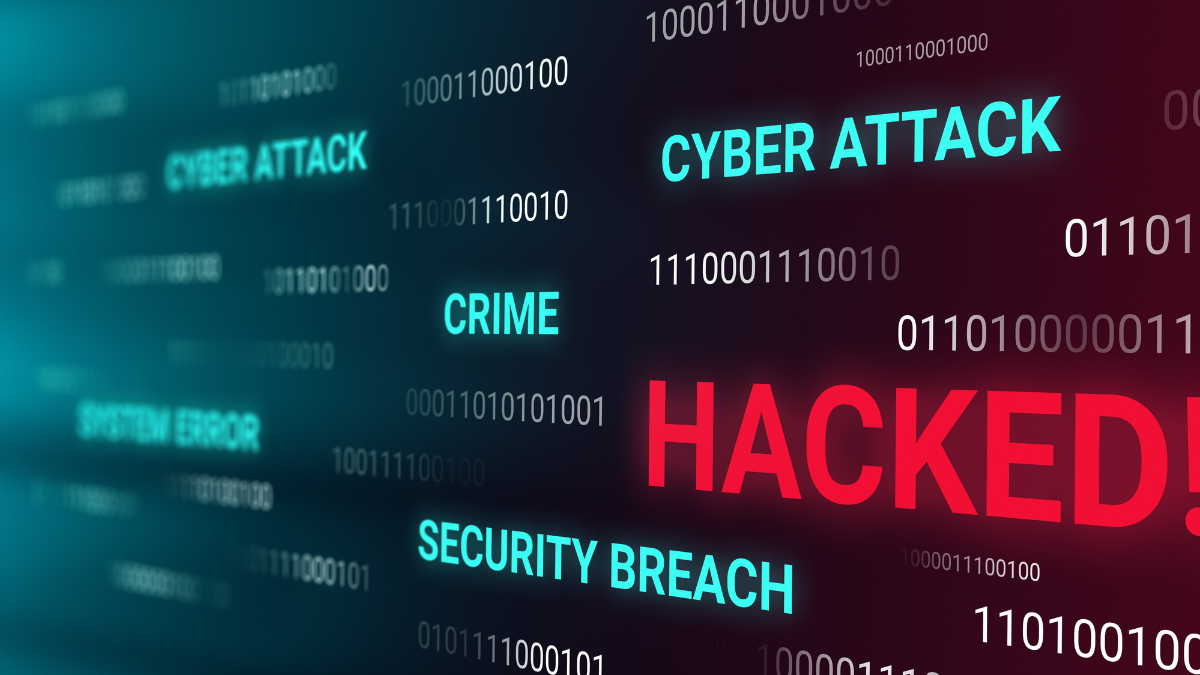Businesses often avoid directly addressing potential risks due to complacency, cost concerns, or the belief that threats are unlikely. They prioritise immediate gains over long-term security, increasing the risk of future disruptions.
When discussing Cyber Essentials certification with potential clients:
- 25% claim to be unaware of it but believe their business can operate without it.
- 50% of business managers remain unconvinced of any immediate need.
- 25% express interest in learning more.
Three-quarters of prospective clients disregard Cyber Essentials certification, often due to misconceptions or a lack of awareness about cybersecurity risks.
There are the common reasons.
1. Underestimating Cyber Threats
Business owners, especially smaller ones, believe they are not at risk because they assume cybercriminals only target large corporations. In reality, small and medium-sized enterprises (SMEs) are frequent targets due to not having a IT security Framework in place.
2. Viewing It as an Unnecessary Cost
Cybersecurity is often not included in the budget and is seen as an expense rather than an investment. Many businesses fail to recognise the potential financial losses, reputational damage, and operational disruptions a cyberattack could cause.
3. Lack of Awareness
Not all businesses understand the importance of cybersecurity or the benefits of Cyber Essentials. Many are unaware that certification helps prevent phishing attacks, ransomware, and data breaches.
4. Believing Current Security Measures Are Enough
Some companies assume that their existing firewalls, antivirus software, or IT teams provide sufficient protection. However, they may lack a multilayered structured cybersecurity approach, which Cyber Essentials ensures.
5. No Immediate Legal Requirement
Unless they work with government contracts or regulated industries, businesses may not feel obligated to get certified. However, many industries are increasingly required to supply Cyber Security Credentials to suppliers.
6. Misconceptions About Complexity
Some businesses believe the certification process is too complex or time-consuming. In reality, Cyber Essentials is designed to be a straightforward and practical way to improve cybersecurity.
7. Prioritising Other Business Needs
Many companies focus on immediate revenue-generating activities, pushing cybersecurity to the background—only realising its importance after experiencing a data breach or attack.
Why It Matters
Even if businesses don’t see Cyber Essentials as a priority now, the rising threat of cyberattacks, evolving regulations, and increasing market expectations make cybersecurity a critical factor for long-term success.
If you’d like to explore how Cyber Essentials can benefit your business, feel free to reach out at cyber@lanix.co.uk. Our cyber team would be happy to assist you!




